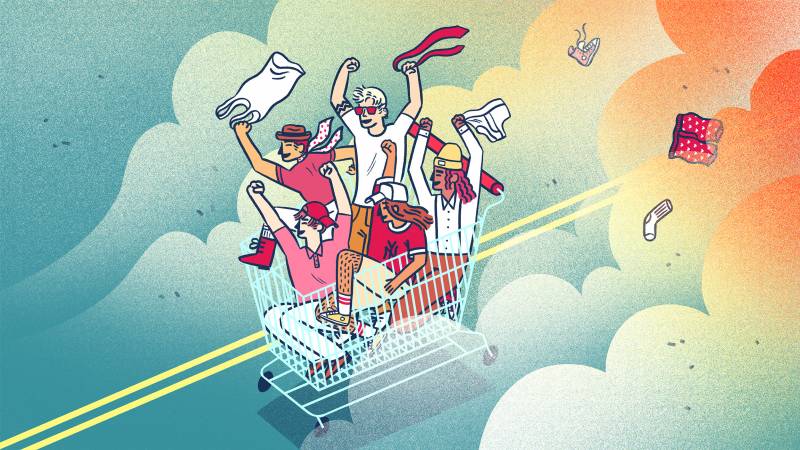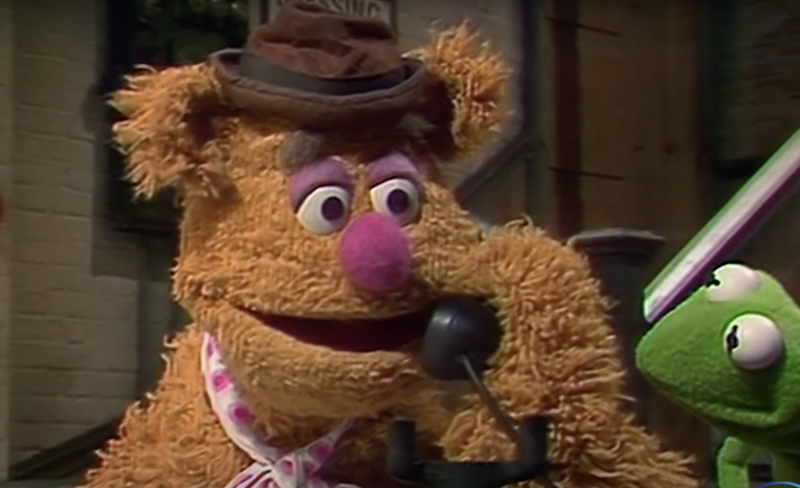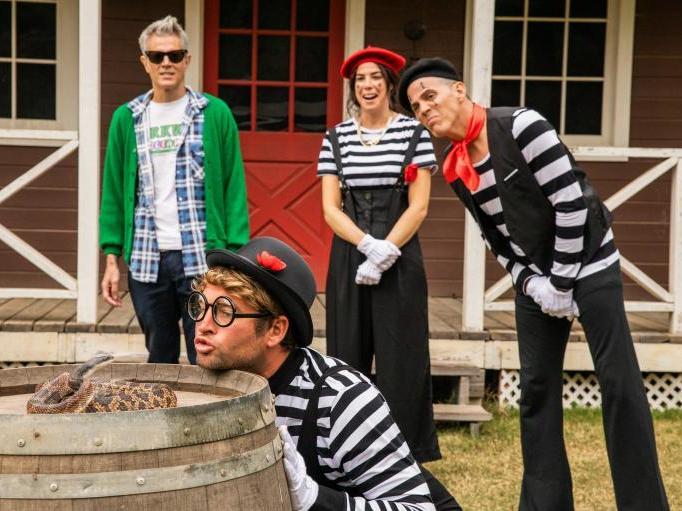The first time I watched Entourage, I was transfixed. The C-list celebrity cameos, the mid-2000s tolerance for slurs on national television … it stuck out to me as an instantly captivating piece of programming; a cultural relic that should be studied rather than merely watched.
T-Boy Swag: Claiming Space Where Trans People Feel We Don't Inherently Belong

Since I was introduced to the world of the Los Angeles celebrity ecosystem, it’s all I’ve been thinking about for weeks, trading quotes about Aquaman and Johnny Drama online between friends like its own currency of shared fixation.
The show centers around five characters and their misadventures in Hollywood, but perhaps the most interesting of them all, to me at least, is Salvatore “Turtle” Assante. Turtle (played by Jerry Ferrara) is the definition of “just some guy.” He’s a personal assistant who plays video games and smokes a lot of weed; he wears basketball shorts, backwards fitted caps and jackets two sizes too big; and somehow, he gallivants around LA without a care as he courts women straight out of a Maxim spread.
For these reasons and more, he’s also my favorite character—it’s the way he’s a grade-A, bonafide schlub, but still with a boyish charm. From the moment he stepped on screen Turtle has captured my heart, immediately invoking a vibe that I have assigned to many things over the past few months: the elusive concept of t-boy swag.
So what is t-boy swag? To those not familiar, it’s hard to quantify. It’s less bound by identifiable qualities and more of an overall vibe: the Tumblr aptly named “people with tboy swag” defines it by saying it’s about “having the swagger of a trans man. it is not hard to understand.” And, to me, it isn’t! It’s not about saying Turtle is transgender, but rather, the idea of Turtle deeply connecting to me, as a transmasc person.
I’ve spent a lot of time figuring out my gender by clinging to objects that embody the masculinity I yearn to emulate—I love the band Ween (massive t-boy swag from that duo), Harmony Korine movies and on most days, I dress like Turtle—and it’s his presentation of gender that embodies a distinct and irreplaceable vibe that I wish to harness in my gender journey.
The Big Dogs clothing brand, the one with T-shirts emblazoned with an anthropomorphic dog boasting slogans like “if you grill it, they will come”? T-boy swag. Fozzie Bear, with his silly hat, scarf, and unrelenting bad comedy? T-boy swag. Even the recently deceased Meat Loaf, with his penchant for drama, frilled shirts, and always being sweaty? Reluctantly, he, too, has t-boy swag.

It’s in part, to me, about admiring the ideal image of accepted masculinity. Take Jackass, for example, a franchise that has lasted more than two decades and has been reanalyzed in several years as a manifestation of homoeroticism. Anchored by only cisgendered men (until Jackass Forever), the franchise is the pinnacle of what the culture has dictated to mean to be a man: destruction, stupid decisions, getting hit in the nuts, etc. But for me, when I watch Jackass, I don’t feel excluded by this vision of male utopia—in fact, I feel euphoric, like I’m in with the boys, welcome to partake in the masculine rituals of watching other boys get the wind knocked out of them.
T-boy swag is meant as a loving expression of appropriation; a vibe check, if you will. Big Dogs has come to be known as a symbol for a (white) man’s America, and Entourage has been studied as an example of the cultural crisis regarding toxic masculinity. But for me, who currently self-identifies as a nonbinary t-boy (and a Latinx one, at that), it resonates on a different level: it’s an embodiment of a certain je ne sais quoi that is not rooted in the physical, nor in practice, but rather, in the recontextualising of certain masculine entities through a self-recognizing frame of mind.

Reclaiming things and spaces where you feel as though you don’t inherently belong is an essential part of the trans experience. Entourage, and all the other things I’ve latched onto over the past few months, capture a similar feeling for me. As stupid as it seems, I identify with Johnny Knoxville’s masculinity, as he playfully goads his friends into genital trauma, and Turtle’s, in all of his Ecko Unlimited-wearing glory.
Reanna Cruz previously worked for NPR Music. They enjoy writing about queer music, watching terrible movies, and being terminally online @bippburger.
9(MDAxOTAwOTE4MDEyMTkxMDAzNjczZDljZA004))

